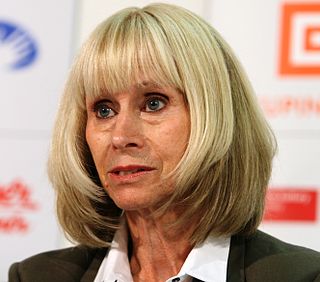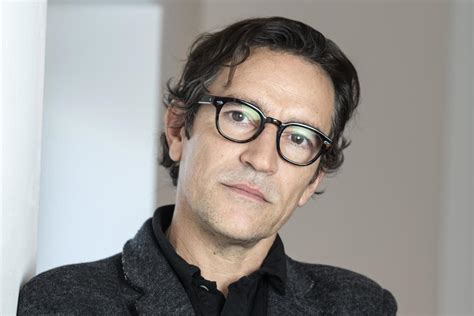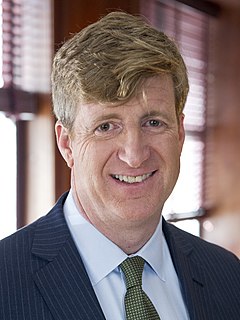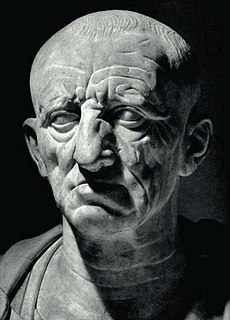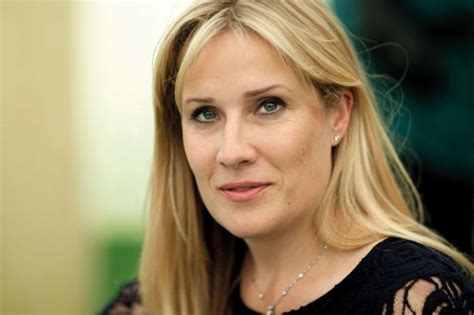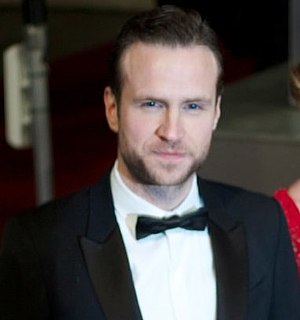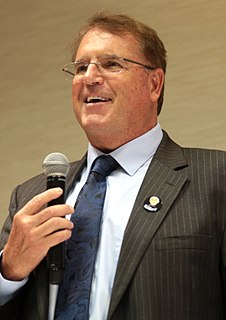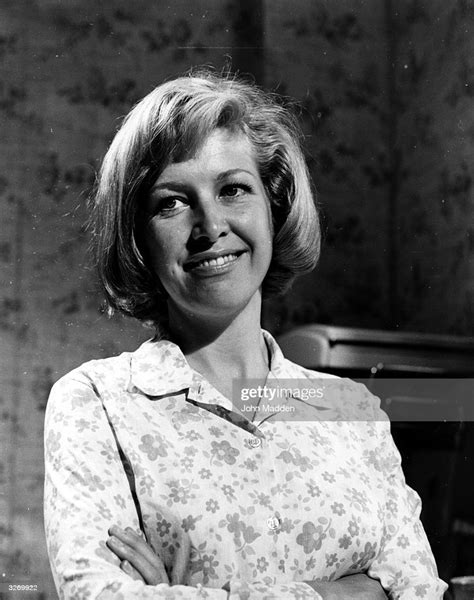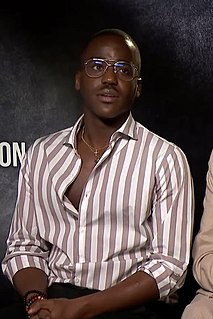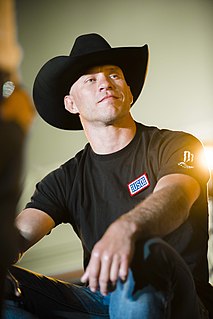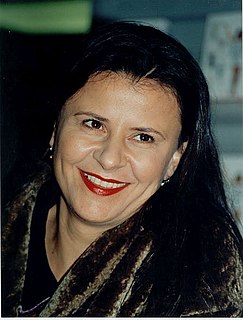Top 1200 Working Class Hero Quotes & Sayings - Page 3
Explore popular Working Class Hero quotes.
Last updated on April 19, 2025.
Woodfall wasn't deliberately telling working-class stories, but John Osborne and other writers who were involved with them were writing those stories, which had never really been written before. The working-class person always had to have an accent before, was often a joker, and peripheral. At Woodfall, they were driving the film.
The neoliberal programs of the last generation have in fact been, and were intended to be, a pretty serious attack on democracy, but also they've led to stagnation or decline for large parts of the population - the working class, the lower middle class, these people have essentially been cast aside.
It concerns me when I see a small child watching the hero shoot the villain on television. It is teaching the small child to believe that shooting people is heroic. The hero just did it and it was effective. It was acceptable and the hero was well thought of afterward. If enough of us find inner peace to affect the institution of television, the little child will see the hero transform the villain and bring him to a good life. He'll see the hero do something significant to serve fellow human beings. So little children will get the idea that if you want to be a hero you must help people.
Americans ... do not naturally apply the term "bourgeois" to themselves, or to anyone else for that matter. They do like to call themselves middle class, but that does not carry with it any determinate spiritual content. ... The term "middle class" does not have any of the many opposites that bourgeois has, such as aristocrat, saint, hero, or artist - all good.
I would prefer to use a very inclusive definition of the working class. I'd like to include all of those people who are, if they're not exploited by an immediate employer over them, they're exploited by the system and therefore have a cause to want to change the system. Having a very inclusive definition of the working class creates a great opportunity for organizing people.
I think one of the main differences between being an English actor and being an American actor is that we have things like the class system in England.I'm middle class. But I've got what some people might consider to be a working-class accent, so you've got those sorts of elements in this country to consider, which, in America, exist, but not necessarily in the same way.
Capitalism improves the quality of life for the working class not just because it leads to improved wages but also because it produces new, better, and cheaper goods.... Indeed, with capitalism, the emphasis shifted to producing goods as cheaply as possible for the masses--the working class--whereas artisans had previously produced their goods and wares mostly for the aristocracy. Under capitalism every business wants to cater to the masses, for that is where the money is.
I don't ever think of myself as coming from a particular class because my father was working class but made his living as a newspaper foreign correspondent - someone of no fixed abode, as he used to say - who was as comfortable dining with the Mountbattens in India as he was having a pint with the boys. He was very gregarious.
After the countrywide victory of the Chinese revolution and the solution of the land problem, two basic contradictions will still exist in China. The first is internal, that is, the contradiction between the working class and the bourgeoisie. The second is external, which is the contradiction between China and the imperialist countries. Consequently, after the victory of the people's democratic revolution, the state power of the people's republic under the leadership of the working class must not be weakened but must be strengthened.
They talk about class warfare -- the fact of the matter is there has been class warfare for the last thirty years. It's a handful of billionaires taking on the entire middle-class and working-class of this country. And the result is you now have in America the most unequal distribution of wealth and income of any major country on Earth and the worst inequality in America since 1928. How could anybody defend the top 400 richest people in this country owning more wealth than the bottom half of America, 150 million people?
Part of what we want to do with the Heroic Imagination Project is to get kids to think about what it means to be a hero. The most basic concept of a hero is socially constructed: It differs from culture to culture and changes over time. Think of Christopher Columbus. Until recently, he was a hero. Now he's a genocidal murderer! If he were alive today, he'd say, "What happened? I used to be a hero, and now people are throwing tomatoes at me!
I don't really distinguish between a fictional hero and a real life hero as a basis for any comparison. To me, a hero is a hero. I like making pictures about people who have a personal mission in life or at least in the life of a story who start out with certain low expectations and then over achieve our highest expectations for them. That's the kind of character arc I love dabbling in as a director, as a filmmaker.
When you see the violence of Hollywood movies, there is a tendency that the hero is combating and confronting many people, without much harm to himself. But in my films, the hero takes a lot of hits so the very act of the hero being the one on the receiving end, makes the audience cheer and connect with him.
When I'm talking about the white working class, here's what I'm defining: high school degree, no more, and working in a blue-collar job or a low-skilled service job. When I'm talking about the white, upper-middle class, I'm talking about people who work in the professions or managerial jobs and have at least a college degree.
The French need a thrashing. If the Prussians win, the centralization of state power will be useful for the centralization of the German working class. German predominance would also transfer the center of gravity of the workers' movement in Western Europe from France to Germany, and one has only to compare the movement in the two countries from 1866 until now to see that the German working class is superior to the French both theoretically and organizationally.





